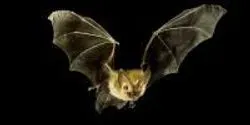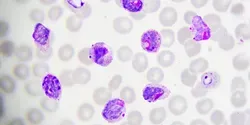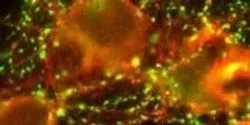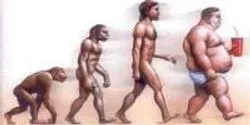Biological Sciences

Kyle Lampe, an assistant professor of chemical engineering in the University of Virginia’s School of Engineering and Applied Science, is growing cells in three-dimensional hydrogels, an environment closer than petri dishes to how cells grow on their own. He can control the hydrogel’s softness or stiffness, and by raising the cells in a three-dimensional solution, the cells react more closely to how they would in nature

An international team of researchers has sequenced the nearly complete genome of two Siberian woolly mammoths—revealing the most complete picture to date—including new information about the species’ evolutionary history and the conditions that led to its mass extinction at the end of the Ice Age.

Scientists at The Scripps Research Institute (TSRI) have been awarded two grants to study brain mechanisms that actively suppress relapse associated with cocaine and alcohol addiction.


















